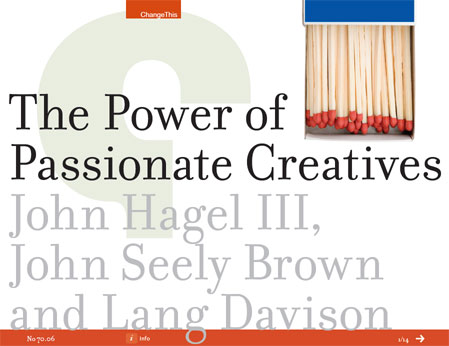You're invited to the EdgeParty in D.C. and/or the one in L.A. >>
EdgeParty D.C.
9:00 pm - 12:00 am
RSVP:
epdc@edgeperspectives.com
(tell us how many people will be in your party)
L2 Lounge
3315 Cady's Ally NW, Washington, DC
hosted by John Hagel, JSB,
plus William Eggers, Grover
Norquist, and Darrell West.
--- --- ---
June 8
9:00 pm - 12:00 am
RSVP:
epla@edgeperspectives.com
(tell us how many people will be in your party)
Whiskey
Blue in the W,
930 Hilgard Ave,
Los Angeles, CA
hosted by John Hagel, JSB, plus Jonathan Aronson, Johanna Blakley, and Jonathan Taplin.





